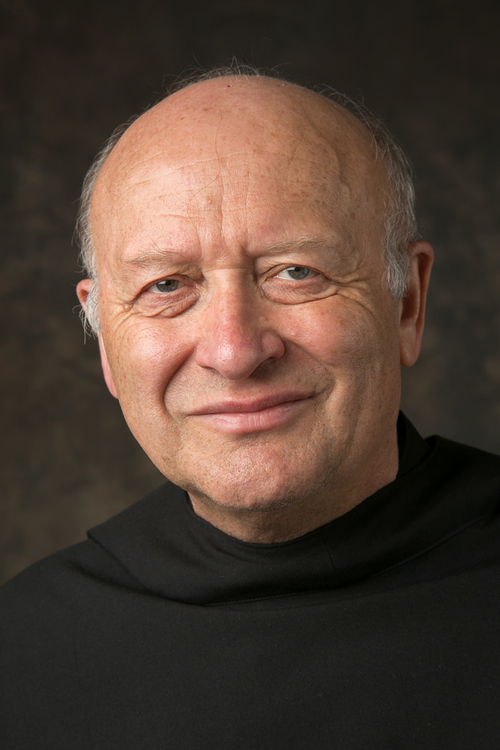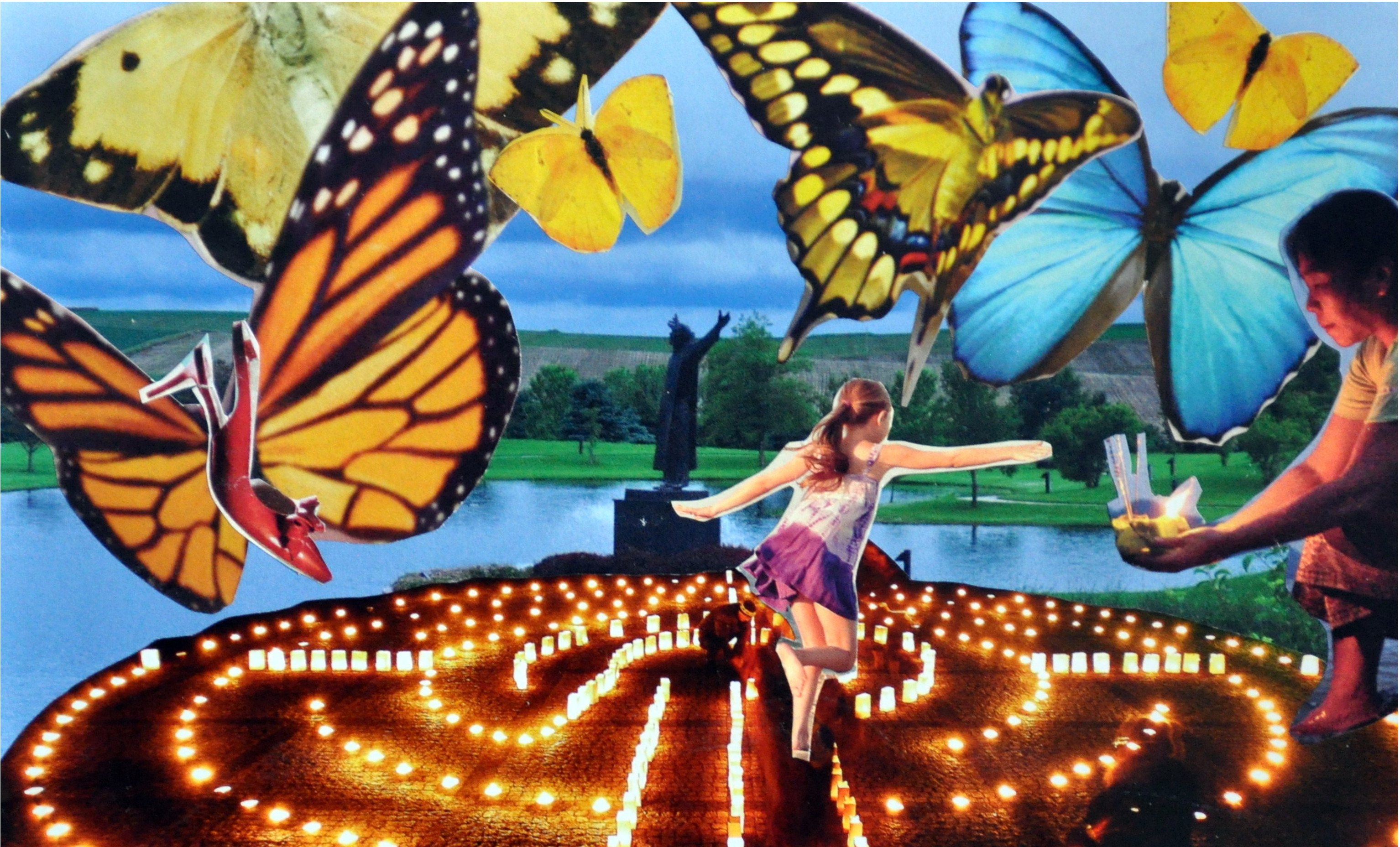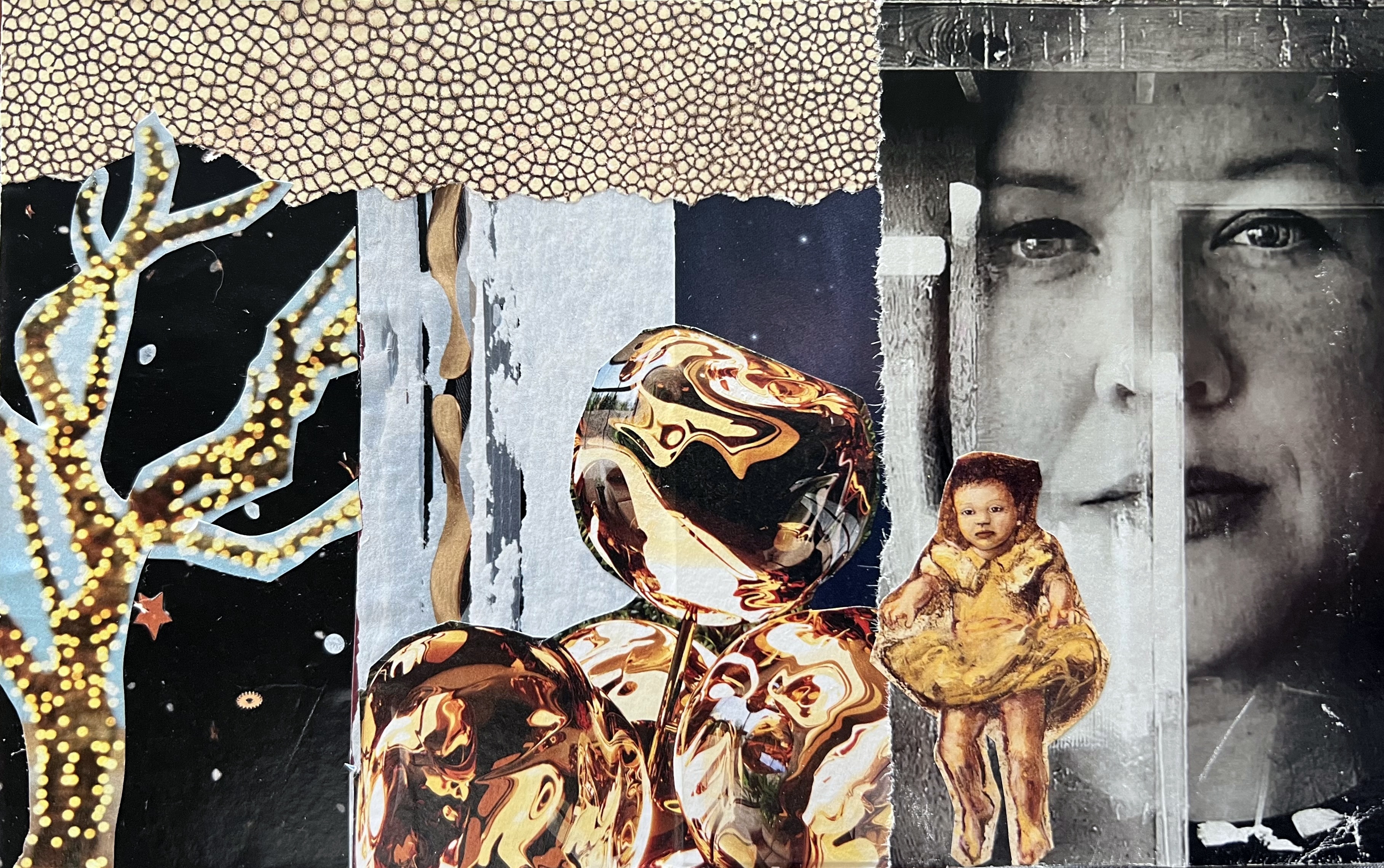January 2017 Oblate Reflections and Lectio Divina–
Balance: Our life is a balance between stability and openness to change
Invitation to Discussion by Fr. Volker Futter: The aim of Benedictine spirituality is the  conversion of the whole person. “Benedictine spirituality wants no sector of life to be isolated from God’s presence; work becomes a means through which we can know and love God more deeply…God is present and accessible in every moment and in every activity.”
conversion of the whole person. “Benedictine spirituality wants no sector of life to be isolated from God’s presence; work becomes a means through which we can know and love God more deeply…God is present and accessible in every moment and in every activity.”
Balance, proportion, harmony, moderation are central. They so underpin everything else in the Rule, that without them the whole Benedictine approach to the individual and to the community loses its keystone.
St. Benedict insisted that the interrelationship of body, mind, and spirit together make up the whole person and that the daily pattern of life should involve time for prayer, time for study and time for manual work. All three should command respect and all three should equally become a way to God.
The framework of the day and the center of the monastic and Oblate life was constituted by the Opus Dei, the saying of the offices and the worship of God, consistent with the motto of St. Benedict: Ora et Labora.
Benedictine idea of balance comes from the life of a monk or Oblate moving between praying and studying and working with his hands, going in turn from chapel to library to office to kitchen or farm or business. The Rule imposes checks and balances as one activity succeeds another. Benedict displays a holistic perspective. Everything is part of God’s gracious regime in the salvation of his people. Benedict’s is no disincarnate spirituality. It is aimed at the conversion of the whole person. Benedictine spirituality wants no sector of life to be isolated from God’s presence. Work becomes a means through which we can know and love God more deeply.
For Benedict, all activities are seen as significant and are shared as far as possible by all. The relationship of the divine order to the human order is fundamental in the thinking behind the Rule. For St. Benedict it was a practical reality rooted in the Incarnation. There is no room for any area of life untouched by God. For God is present and accessible in every moment and in every activity.
Lectio and Discussion
Scripture for Lectio Divina: Matthew 6:24-34, Do not worry about tomorrow.
Source for discussion: Study Guide for the Rule of St. Benedict with Reflections for Oblates and All Who Seek God, Maria-Thomas Beil, OSB
Can we really have balance if we try to serve two masters? To be authentically ourselves, we cannot serve two masters. Food and clothing, money and some material things do matter. God knows that you need these things, but we need to trust that God will provide.
“Look at the birds in the sky; they do not sow or reap…”, they receive. We so often worry, fear and become anxious over something we have no control, but the antidote is trusting God. Sometimes we are in such a frenzy that we don’t see what’s right in front of us; we can literally overlook things. When we get worked up like this, we are not in balance. No matter what happens, there is the presence of the Lord. Life may not be easy and may not work out the way we want, but God always IS. God is constant, this we can trust. We need to trust and receive.
“Learn from the way the wild flowers grow!” How does the wildflower grow? It soaks up  the sun, water, natural elements. It does not work or spin; it is receptive. The wildflower is clothed in splendor, but it also passes. It comes and goes like the grass of the field, it “grows today and is thrown into the oven tomorrow.” The working and spinning is our attempt to figure things out, to problem-solve, to fix, do, help, change. But perhaps to achieve balance we need to not DO so much and instead be actively receptive. Balance comes when there isn’t obsessiveness or an excess in thinking and doing.
the sun, water, natural elements. It does not work or spin; it is receptive. The wildflower is clothed in splendor, but it also passes. It comes and goes like the grass of the field, it “grows today and is thrown into the oven tomorrow.” The working and spinning is our attempt to figure things out, to problem-solve, to fix, do, help, change. But perhaps to achieve balance we need to not DO so much and instead be actively receptive. Balance comes when there isn’t obsessiveness or an excess in thinking and doing.
“Do not worry about tomorrow”—the flower doesn’t even know about tomorrow. There is a difference between worry and concern. Sometimes we are so overly focused on the future or the past, but all we have is today. Perhaps if we identified more with our nature, like the flower, our spirit rather than our ego, we might better stay in balance. Before Adam and Eve ate of the tree of the knowledge of good and evil, they were in their natural state. Our desire for being like God is human, but being God is not our natural state. We are the creature, not the creator and our natural state is to just trust in God.

Balance is a back and forth readjustment, but harmony means that differences can coexist, that there is an embrace of paradox. In order to achieve balance and harmony, we must have discipline. The totality of the human experience needs to be considered and honored—mind, body, and spirit. We should strive for balance in physical activity, working with our mind vs. our body, sleep, work, relaxation, prayer, solitude, family, church, community. This takes intention and effort on our part.
Other resources recommended:
The Oblate Life, edited by Gervase Holdaway; page 269-272 ; “Leisure and the Benedictine Oblate” by Ron O’Toole
Monk Habits for Everyday People , Dennis Okholm ; page 99-108 ; “Balance, God is in Everything
Wisdom Distilled from the Daily, Joan Chittister; pages 67 – 79; “Monastic Mindfulness; a Blend of Harmony, Wholeness, Balance.”
Oblate discussion comments compiled by Jodi Gehr. Oblate Director, Fr. Volker Futter




January 20, 2017 at 1:27 pm
Thanks, Jodi! I felt like I was present for the discussion! What a great gift you, and this blog, are to we Oblates who are “from afar”! Peace and Good to you!
LikeLike